When Lisa Gibson, 32, drowned her two children before drowning herself in Winnipeg in 2013, postpartum depression and postpartum psychosis lit up headlines across the country. When Russom Tesfamar Yordanos, 27, was charged with fatally stabbing her toddler in Mississauga in 2015, mental illness took center stage once again.

These types of tragedies occur during postpartum psychosis, which is extremely rare, affecting only about one in 1,000 women.
But postpartum depression is common, affecting 13-19 per cent of new mothers and 10 per cent of new fathers.
There are an increasing number of support groups, blogs and other systems in place to provide resources and support for those impacted by the mental illness.
One of them, Postpartum Progress, is holding a stair climbing event called Climb Out of the Darkness on Saturday, June 18. The event – being held in cities from London, England to Edmonton, Alberta – aims to raise awareness and reduce stigma – so that the topic isn’t only discussed amidst tragedy.
‘They thought I was in the clear’: Tamara’s story
“I had all these idyllic pictures of going for walks, but I hadn’t factored in the times that I’d be crying in frustration. Or that I’d be so tired I wouldn’t want to get out of bed.”
Tamara, 35, had a happy and healthy pregnancy and birth experience. She welcomed her first child, Mia, in October 2009.
“When she was about 3 months old, we were driving home from a family trip and I had a massive panic attack,” said the Calgary mother. That’s when Tamara’s mental health took a turn.

Get weekly health news
“I had gone to all my postpartum tests, passed all their screenings for postpartum depression. They thought I was in the clear, I thought I was in the clear. Then I went into the doctor and they diagnosed me with postpartum depression.”
There were countless days when Tamara would cry uncontrollably.
Despite words of encouragement from those around her, Tamara felt as though she wasn’t cut out to be a mother: “I thought that I wasn’t good enough for her. Anyone else could be raising this child and doing a better job than I could.”
Then, after about a year and a half, Tamara started having more good days than bad days. She and her husband decided they would like to have a second child. She got pregnant with her son, Langdon, right away.
Six months into her second pregnancy, Tamara started having panic attacks again.
“I kept thinking to myself, how am I going to manage a newborn, a two-and-a-half year old and take care of myself?”she said.
Once she gave birth to Langdon, the feelings intensified: “I felt like I had these two kids who needed me and needed this whole mother and I felt like I was anything but.”
“You can be grateful to have a beautiful, healthy child and you can love them and have great times with them and still feel a sense of depression or panic.”
Tamara managed her postpartum depression with a combination of counselling, therapy, exercise and support from friends and family.
“I had a lot of friends who had been through it, and I think that’s probably one of the most important tools. Having other women who have gone through it to say it’s okay, you won’t feel like this forever. You’re doing great and your kids are doing great.”
‘Fighting a losing battle’: Amy’s story
Amy, 35, describes her first pregnancy as “great” and she was hopeful and excited for motherhood.
Amy’s birth experience was followed by what the vast majority of new mothers experience: sleep deprivation and uncertainty.
After about eight months, those common feelings became feelings of anxiety, depression and lack of confidence as a mother.
“In the middle of the night I would lock myself in the bathroom and bawl my eyes out,” said Amy.
She was worried everything she did was wrong, and “found it hard to function in any way, shape, or form without feeling overwhelmed.”
“If something went wrong the whole day was a right off. If something went wrong I felt like I was a bad mother,” she said.
Amy would cry easily and felt as though she were “fighting a losing battle” as a mother.
Due to a prior history with anxiety and depression, Amy thought she should be able to handle her symptoms without any help. But after encouragement from her husband, she booked an appointment with her doctor and began taking medication.
Amy and her husband had a second child two years after the first. Once again Amy was faced with feelings of guilt and a sense of being overwhelmed – only more severe than the first time.
“We have this image of women with postpartum depression, like they’re going to be in a state of psychosis or harm their child. So, it’s scary for me to disclose because I don’t want people to jump to that conclusion,” Amy said.
Amy began going group counselling and felt supported by women who were going through the same thing and shared their experiences freely and without fear of judgement.
Although feeling much more stable than before, Amy is still working on her mental health, referring to it as a “work in progress.”
WATCH: Professor Nicole Letourneau from the Faculty of Nursing at the University of Calgary joins Global Calgary with details on how to recognize the signs of postpartum depression




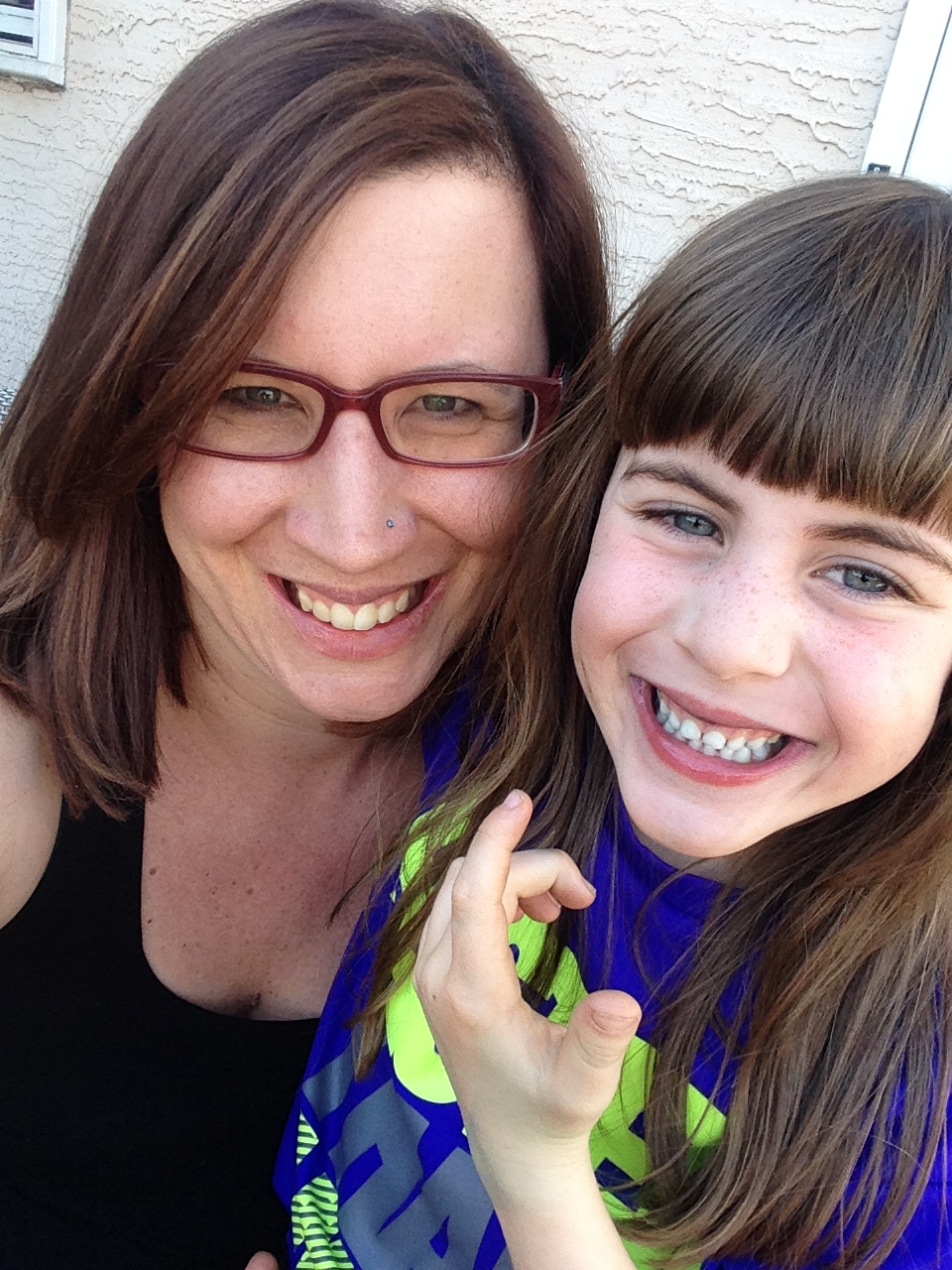

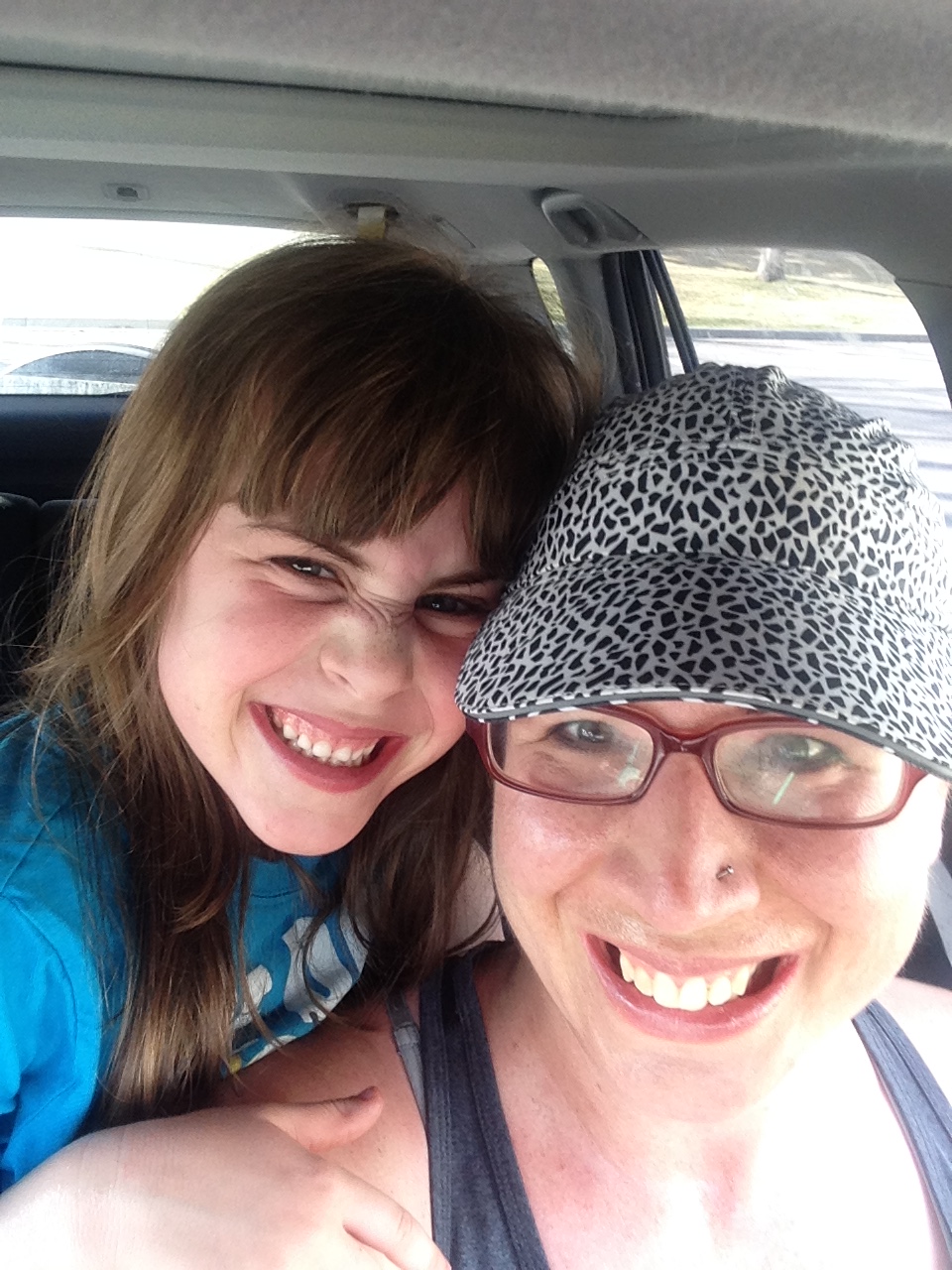

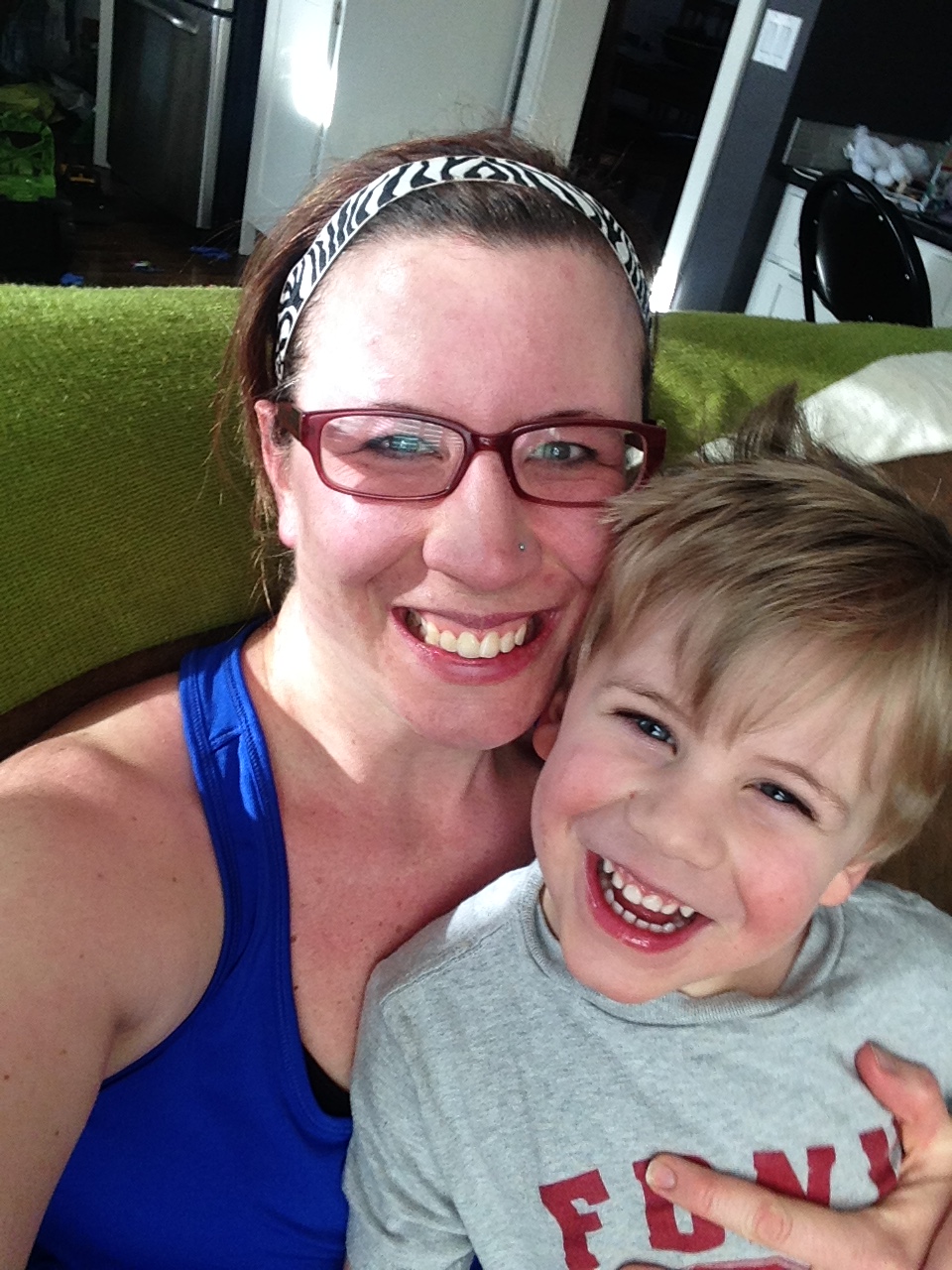

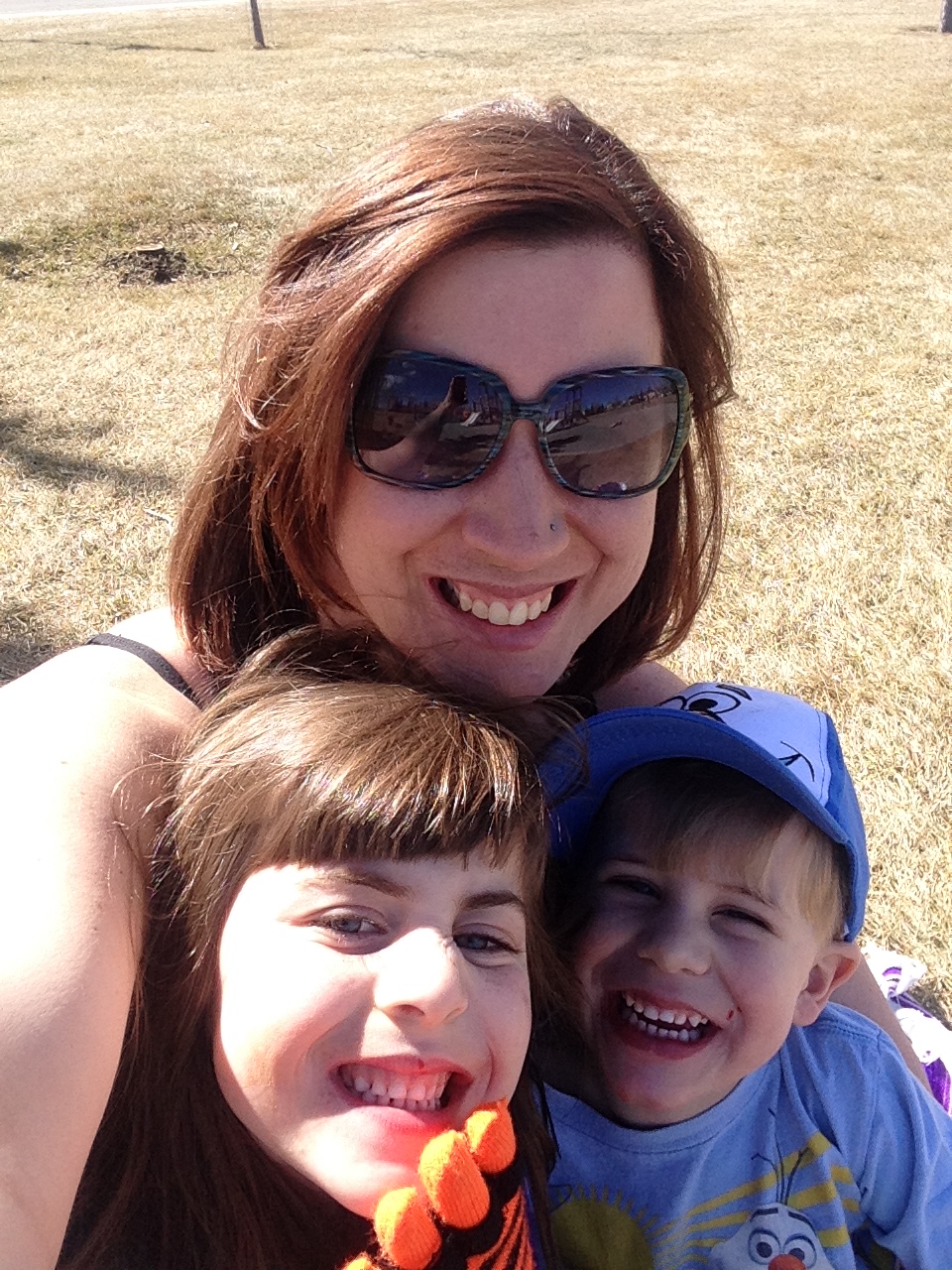
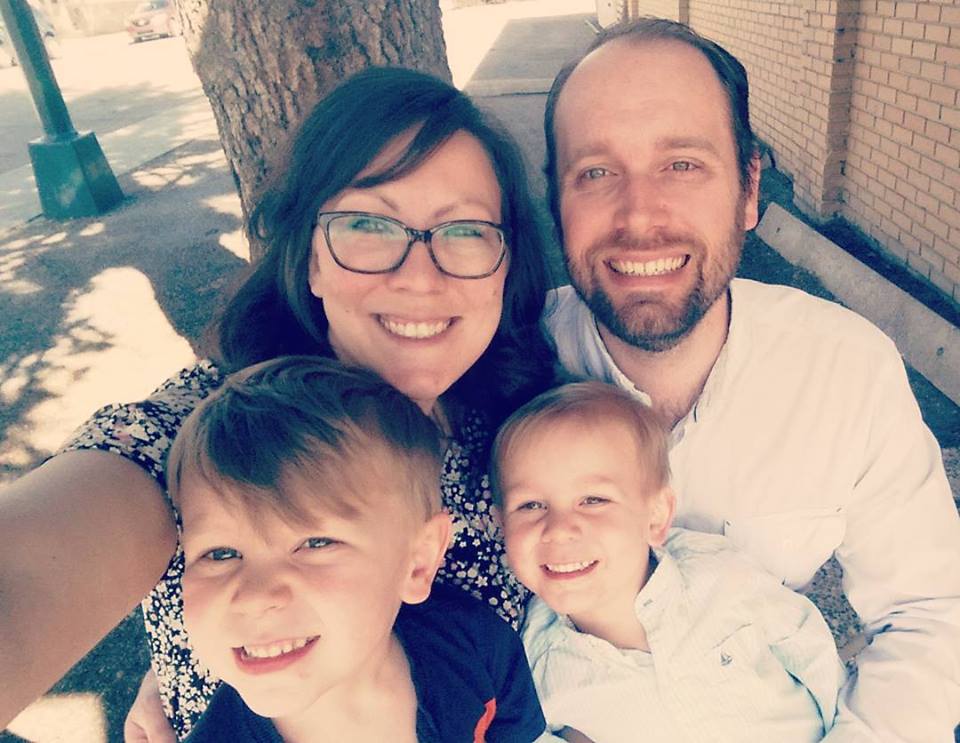


Comments
Want to discuss? Please read our Commenting Policy first.